ICT: The Shackled Engine of Palestine’s Development
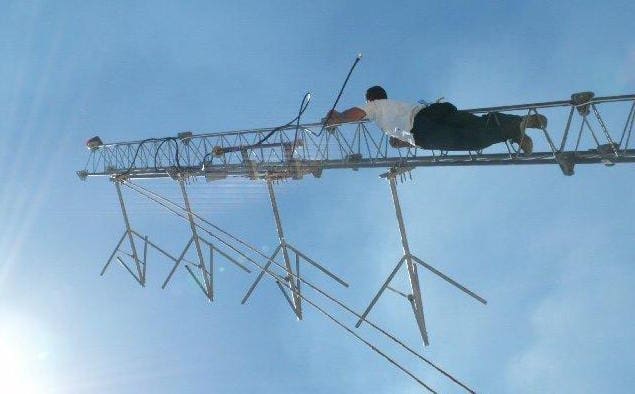
World attention has been focusing on the Palestinian revolt against Israel’s military occupation. Meanwhile, plans were reportedly still going ahead for an Israeli release of frequencies required for long-awaited 3G and even 4G systems and services. Al-Shabaka analysts Nur Arafeh, 24584, and Sam Bahour provide an incisive account of Israeli obstacles to the Palestinian sector’s development that have led to hundreds of millions in direct losses and lost opportunities.
Corruption in Palestine: A Self-Enforcing System
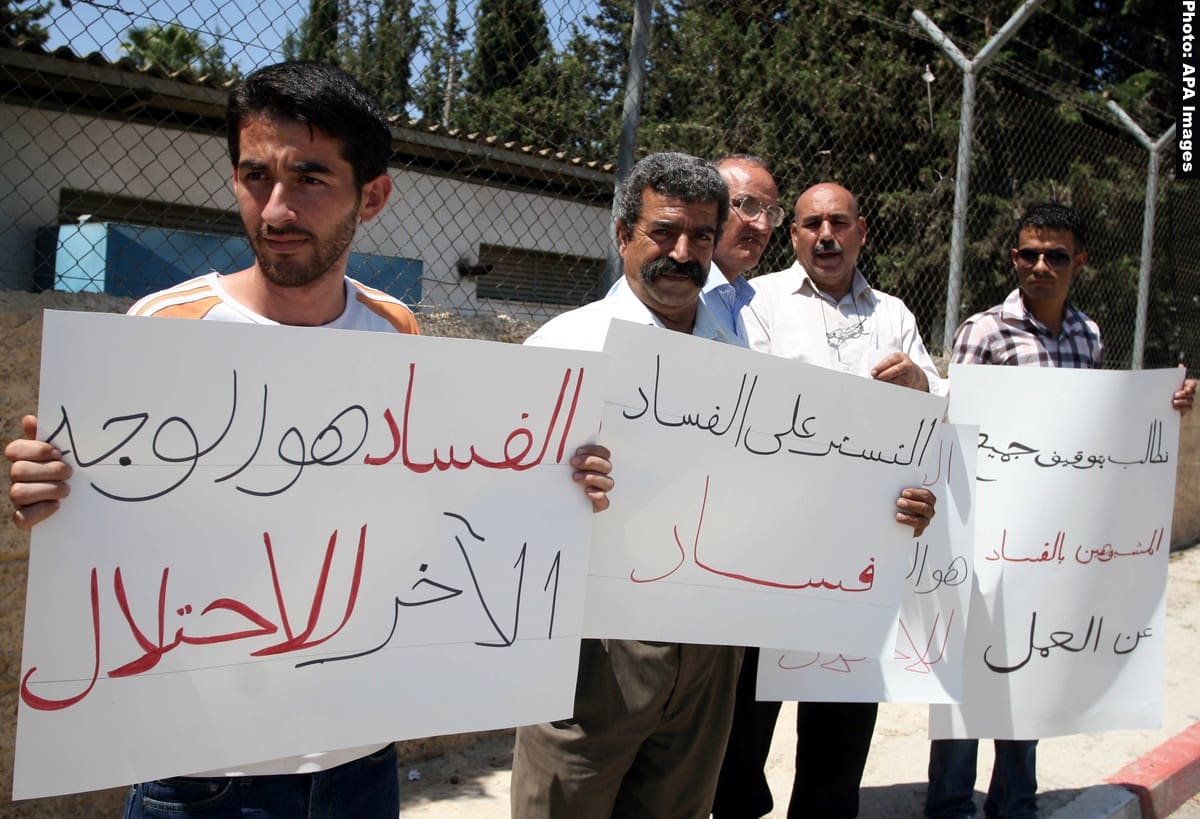
81% of the Palestinians living under Israeli occupation rank the problem of corruption second only to the occupation itself. Al-Shabaka Policy Advisor Tariq Dana analyzes the systems and actors involved, arguing that corruption is a structural problem with longstanding political roots that cannot be tackled through adopting codes of conduct and other technical solutions.
Unlocking the Labor Market for Palestinian Women
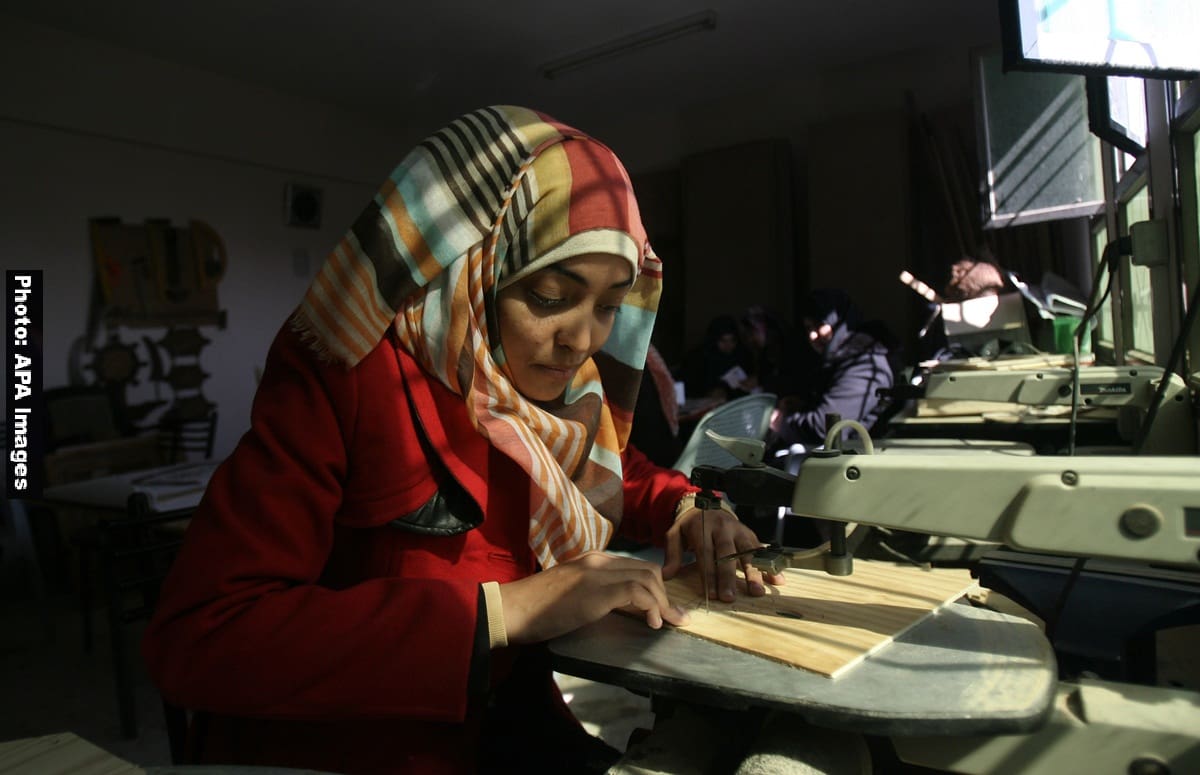
Palestinian women have one of the lowest rates of labor force participation in the world -despite higher primary and secondary enrolment ratios than males in the entire Middle East and North Africa. Al-Shabaka Policy Advisor Samia Al-Botmeh examines the trends and proposes policies that move beyond the supply side to focus on demand for women’s labor.
Building a Failed State: Palestine’s Governance and Economy Delinked
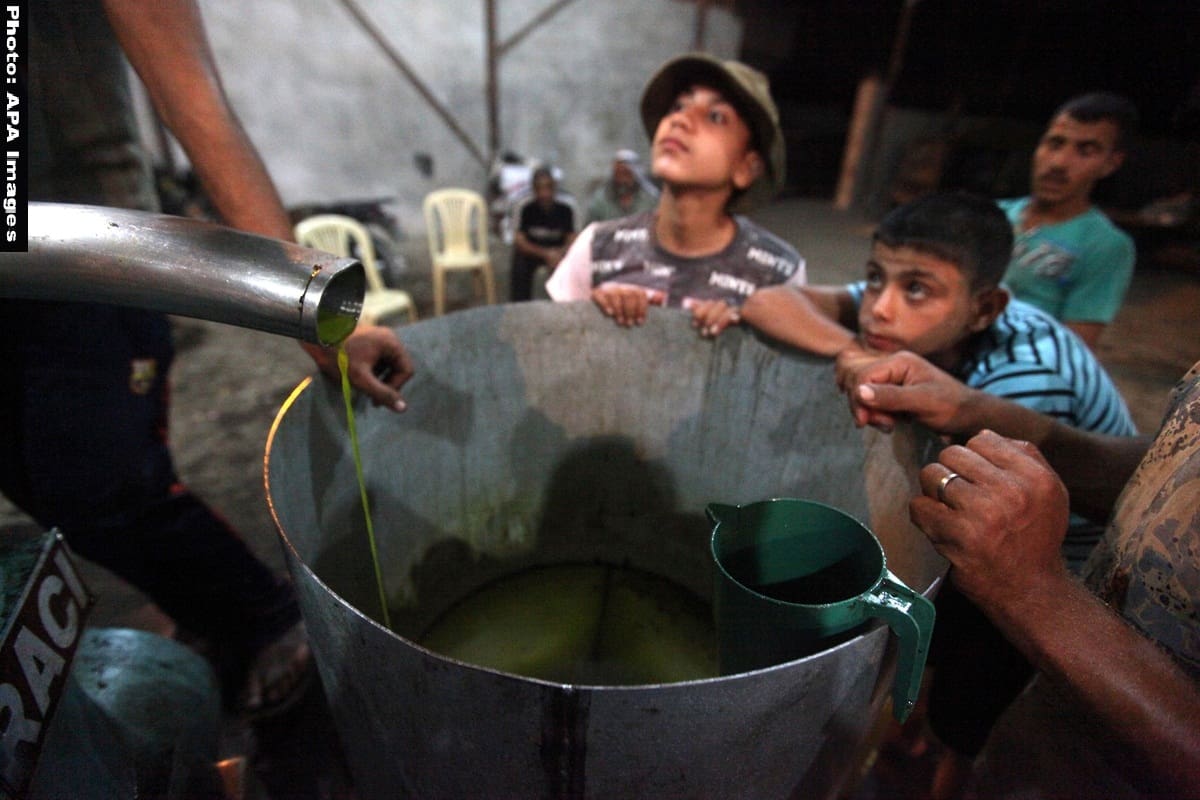
Technical solutions shorn of political context have contributed to a failed state in Palestine and harmed the collective Palestinian struggle for freedom, transforming the Palestinian Authority into an NGO-like body. Al-Shabaka Policy Member Ibrahim Shikaki and Guest Author 24445 analyze the situation and suggest alternative approaches for the PA and the donor community. Read the policy brief or the executive summary.
The Customs Union & Israel’s No-State Solution
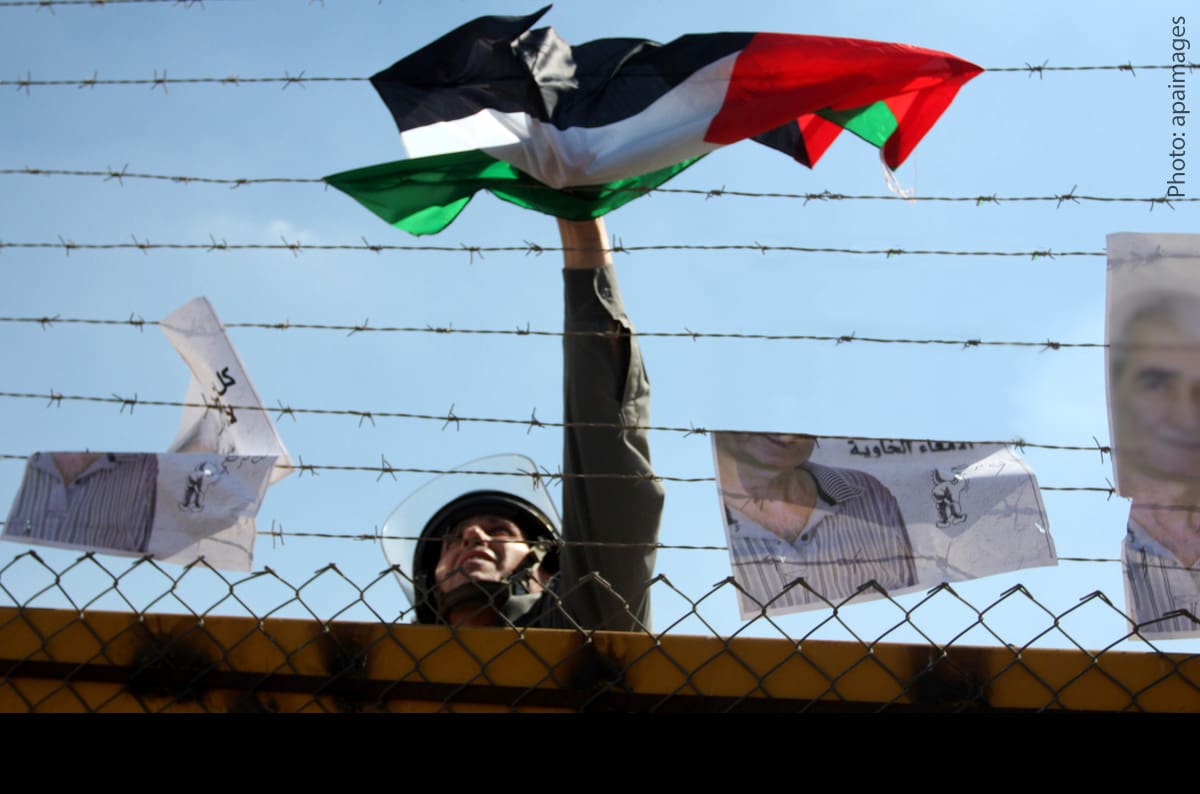
Since it occupied the Palestinian territory in 1967, Israel has had a consistent strategy: To contain Palestinians by rejecting final status arrangements, whether Palestinian sovereignty in two states or equal rights in a single bi-national state. Al-Shabaka Policy Member Amal Ahmad demonstrates the ways in which the Israeli-Palestinian customs union illustrates this often ignored reality.
Donor Complicity in Israel’s Violations of Palestinian Rights
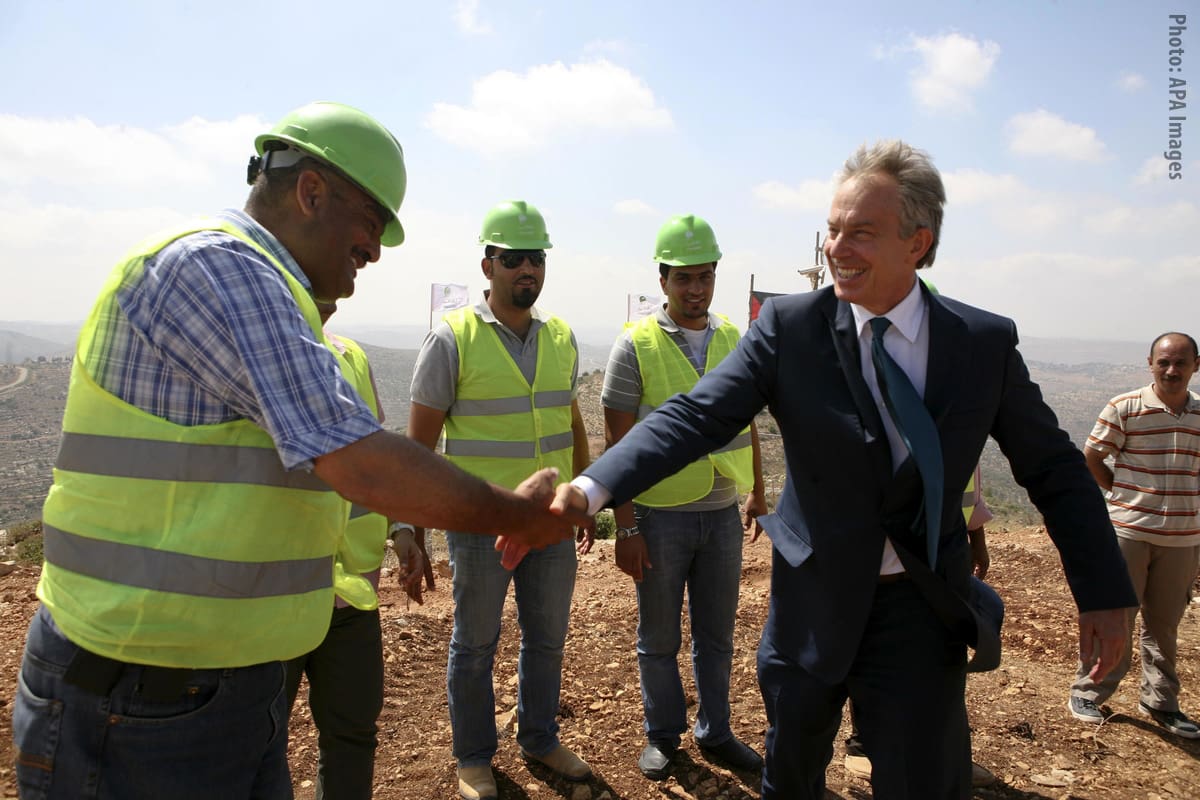
International aid must not, legally, cause harm to those it aims to assist, but as Al-Shabaka policy member Nora Lester Murad points out, a number of donor practices may be leading to the violation of human rights. Murad outlines eight questions that must be asked about aid complicity and suggests important mechanisms for oversight of an industry that has just pledged another $5.4 billion for Gaza.
Palestinian Farmers: A Last Stronghold of Resistance
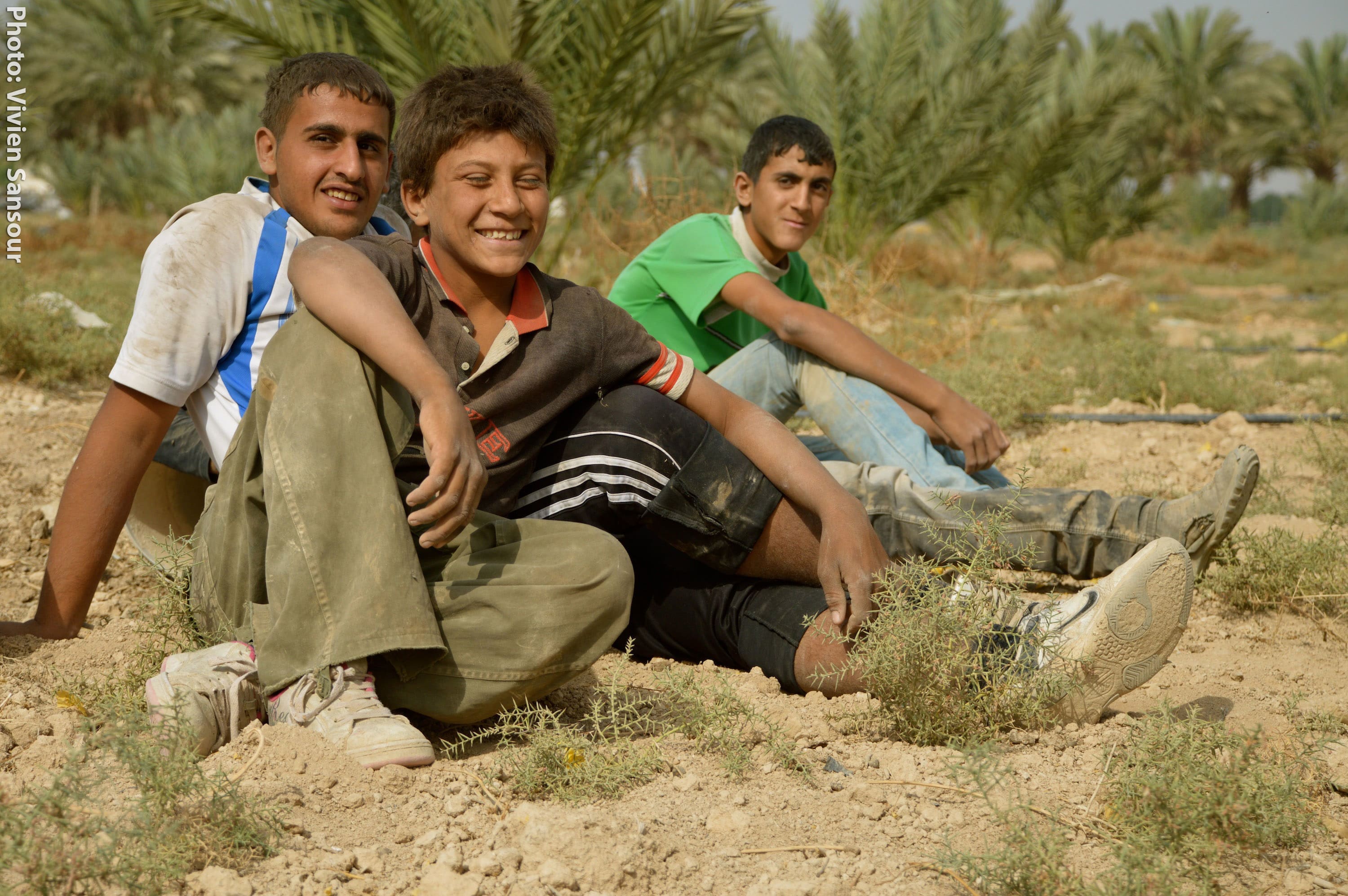
Israel’s brutal crackdowns on Palestinians living under its occupation dominate the news, but other longer-term trends are equally worrying. The Palestinian Authority is confiscating more and more land from Palestinian farmers in order to build industrial zones, which strips farmers of their right to grow their own food and further increases Palestinian dependency on Israel. Al-Shabaka Guest Author Vivien Sansour and Al-Shabaka Program Director Alaa Tartir argue that sustained community efforts are needed to preserve one of the most important elements of resistance that Palestinians have.
Oslo: Replacing Liberation with Economic Neo-Colonialism
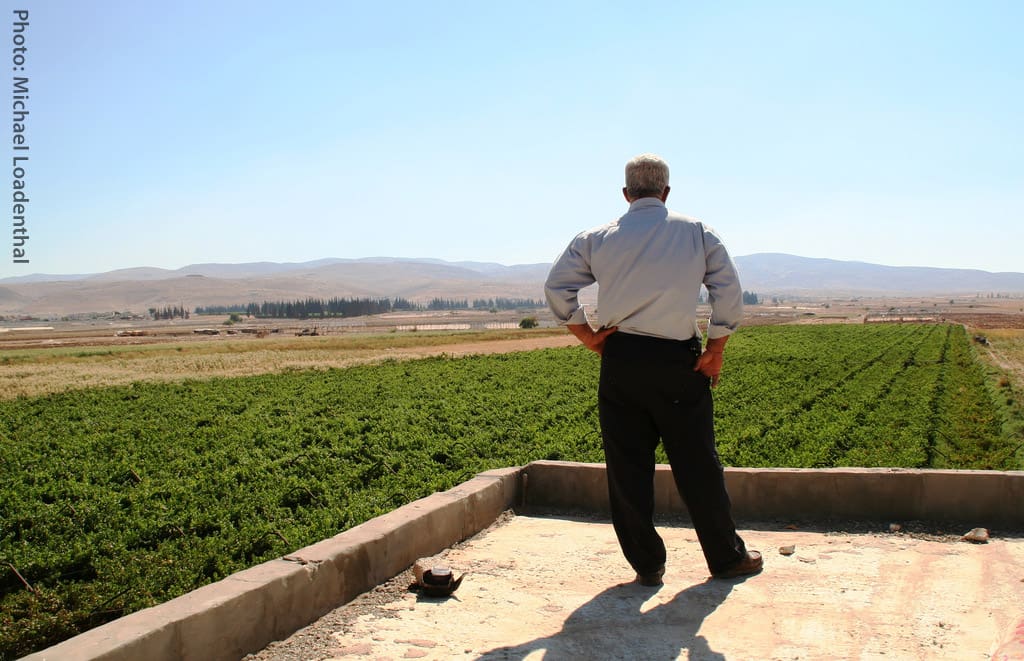
The neo-liberal policies associated with Oslo have gradually laid waste to the Palestinian struggle for liberation. Advanced by a coalition of transnational development agencies, Israeli occupation actors, and Palestinian capitalists and political elites, this “economic neo-colonization of Palestine,” argues Al-Shabaka guest author Khalil Nakhleh, must be met with a “People-Centered Liberationist Development” strategy that develops and empowers indigenous resources aimed at securing all Palestinian rights.
The Palestinian Capitalists That Have Gone Too Far
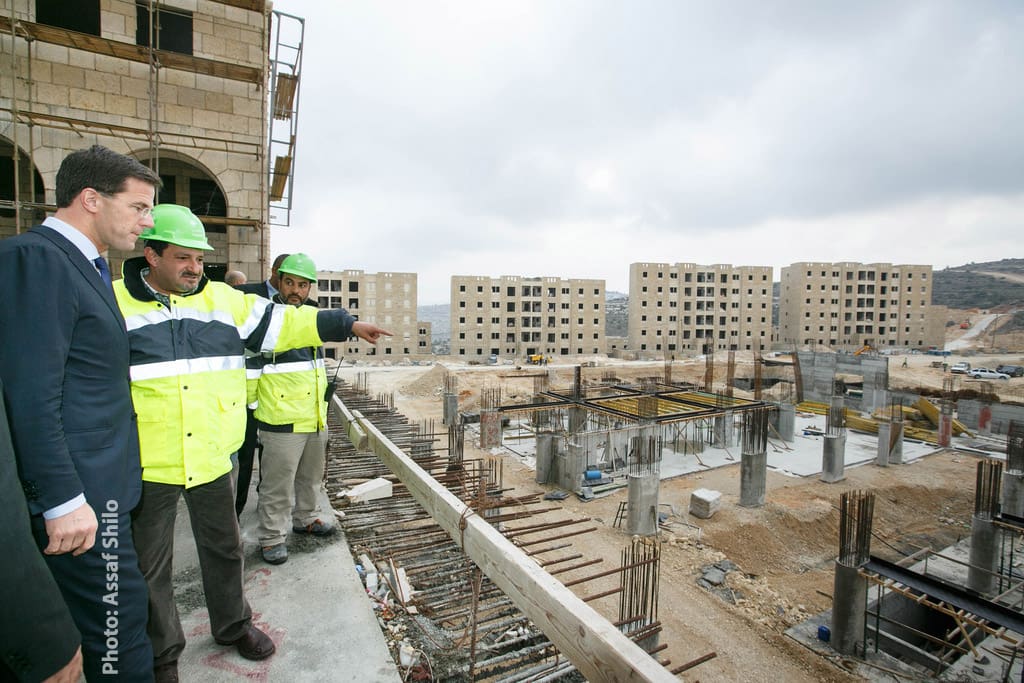
A powerful group of Palestinian capitalists is thriving in the occupied Palestinian territory even as most of the population is struggling to survive. Too often, they owe their wealth to economic collaboration with Israel. Drawing on recent research, Al-Shabaka Policy Member Tariq Dana analyzes the ways in which these “crony capitalists” influence policy, use indebtedness for social control, and normalize the occupation. Click below for the full brief or read the executive summary.









